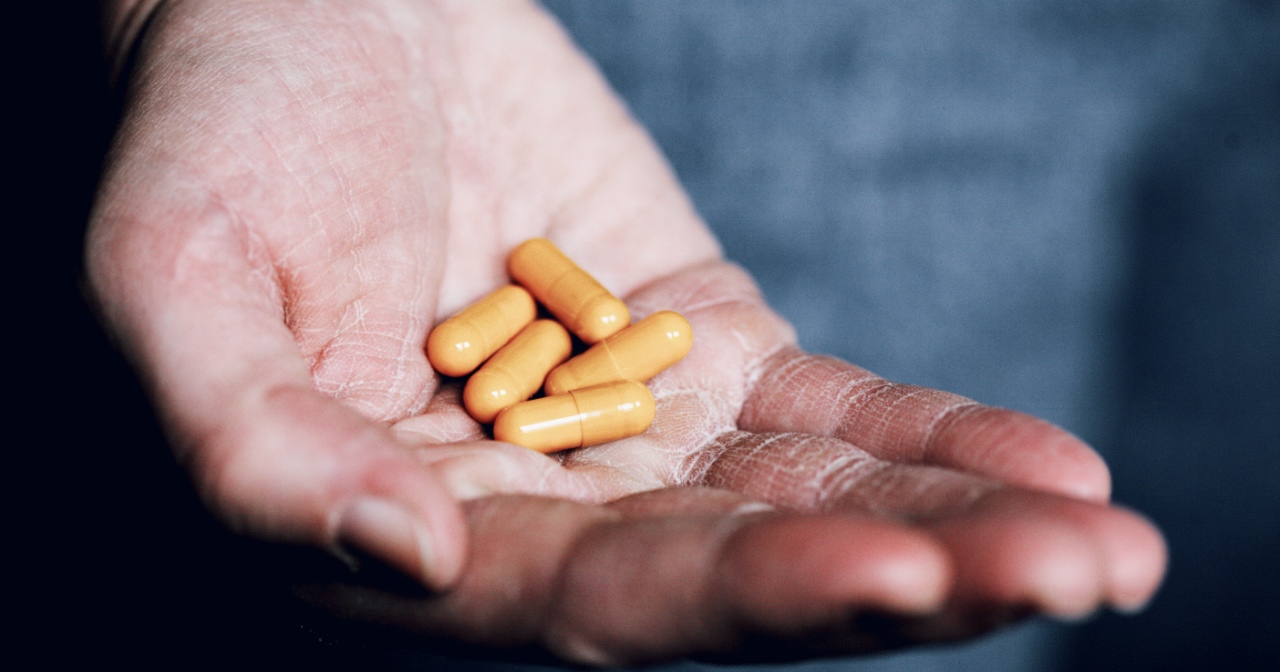Listen on: Apple Podcasts | Spotify
If Quercetin Phytosome was a pharmaceutical, it would have been promoted all over Mainstream Media, based on two studies published this year.
Being that it’s a supplement, the studies got little attention. Maybe that’s a good thing, though. If it gets too much attention, the FDA might try banning its sales like they did with n-acetylcysteine (NAC).
The two studies add to quercetin’s already impressive list of health benefits.
Quercetin vs Quercetin Phytosome
In both of the studies I review below, the researchers used Quercetin Phytosome. Indena, an Italian company, produces this patented form of quercetin by wrapping it in a phospholipid, or fatty shell. The phospholipid significantly increases quercetin absorption, by up to 20 times, compared to standard quercetin.
I point this out because other forms of quercetin, especially plain quercetin, probably wouldn’t produce similar results.
Study 1
The first study was titled Possible Therapeutic Effects of Adjuvant Quercetin Supplementation Against Early-Stage COVID-19 Infection: A Prospective, Randomized, Controlled, and Open-Label Study.
This study was a prospective, randomized, controlled and open-label study. A total of 152 people participated in the study, with 76 being part of a Standard Care (SC) group and the other 76 being part of the Quercetin Phytosome (QP) group. The QP group received standard care and took two 500 mg doses of quercetin phytosome per day for 30 days.
In the Standard Care group, 22 patients required hospitalization with an average hospital stay of 6.77 days. Fifteen patients required noninvasive oxygen therapy. Eight patients ended up in intensive care and three died.
In the Quercetin Phytosome group, 7 patients required hospitalization with an average hospital stay of 1.57 days. One patient required noninvasive oxygen therapy. No patients needed intensive care and none died.
In a follow-up, the researchers also discovered that the QP group experienced less fatigue and tiredness and maintained a better appetite.
According to the study authors:
According to the results of this clinical research, the add-on therapy with QP has significantly reduced the need (−68.2%) and the length (−76.8%) of hospitalization, the need of non-invasive oxygen therapy (−93.3%), the progression to intensive care units (none versus 8 subjects) and the number of deaths (none versus 3 subjects). Globally considered, the effect of QP seems to have a strong impact not only considering the difference in terms of admission to ICU and in terms of fatal outcome, but particularly considering the difference in terms of days of hospitalization. The days spent by subjects whose disease progressed and needed hospitalization were 131 for SC group and 11 for the QP one. This difference means that using QP as add-on therapy to standard care has reduced by 91.6% the days of hospitalization.
Study 2
The second study was titled Potential Clinical Benefits of Quercetin in the Early Stage of COVID-19: Results of a Second, Pilot, Randomized, Controlled and Open-Label Clinical Trial.
In this smaller study, researchers split 42 COVID-19 patients into two groups like above, SC and QP and compared the difference in virus clearance and symptoms over two weeks. The quercetin group took 500 mg of quercetin, three times per day for the first week and two times per day for the second week.
After the first week, 57% of the QP group was symptom-free, whereas 19% of the SC group was symptom-free. At the end of week two, both groups displayed an equal lack of symptoms. Like the first study, those taking quercetin in this study were less likely to feel tired or fatigued.
In the published paper, the authors wrote:
Quercetin is a natural substance that has multiple pharmacological properties, such as anti-inflammatory action, and is worldwide used as a dietary supplement. There is some recent evidence of the anti-coronavirus activities of this compound, including against SARS-CoV-2 main proteases and S-protein. Its assumed ability to inhibit coronavirus and its well-described anti-inflammatory role make quercetin a possible new candidate for outpatients’ treatment of COVID-19.
The results of these two studies are beyond impressive and further justifies why quercetin is one of four supplements I recommend stocking up on.
The Truth is Out There
The American president hasn’t said a word about how to prevent COVID-19, other than getting vaccinated, which doesn’t prevent it anyway. Sadly, few journalists do anything other than repeat Democratic talking points, and sadder still, many Americans continue to watch the propaganda on CNN, MSNBC and yes, even FOX.
As a result, much of the population has been brainwashed into believing that natural solutions don’t exist to protect your body from viruses, that natural antibodies aren’t as effective as those produced by a vaccine (science shows natural immunity is far superior), or that we don’t have a certain amount of responsibility to protect ourselves by getting healthy instead of avoiding other people.
We could be living normal lives in a “real normal,” just as they are in Scandinavia. Yet, too many Americans continue to fall for the fear-mongering, disinformation, and deception sold to them through their television shows, commercials, and social media.
The results of these two studies are impressive, no doubt. In fact, they’d be good enough to raise a pharmaceutical companies stock price if it quercetin were sold as a drug therapy.
But, what’s even more amazing is that quercetin isn’t the only natural health product out there that supports your immune system and helps speed the recovery process after an infection. God gave us all sorts of plants and botanicals that help us stay well. And that’s part of the reason the doctors with a sound knowledge of nutrition, metabolism, and natural therapies don’t fear COVID-19 the way Dr. Fauci would like you to fear it.
Photo by Sharon McCutcheon on Unsplash



